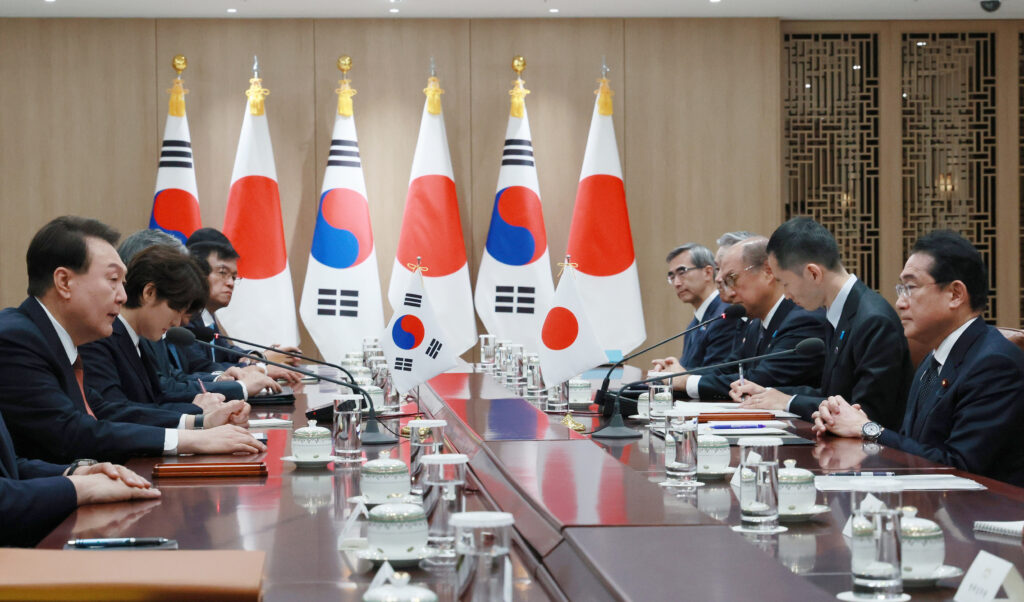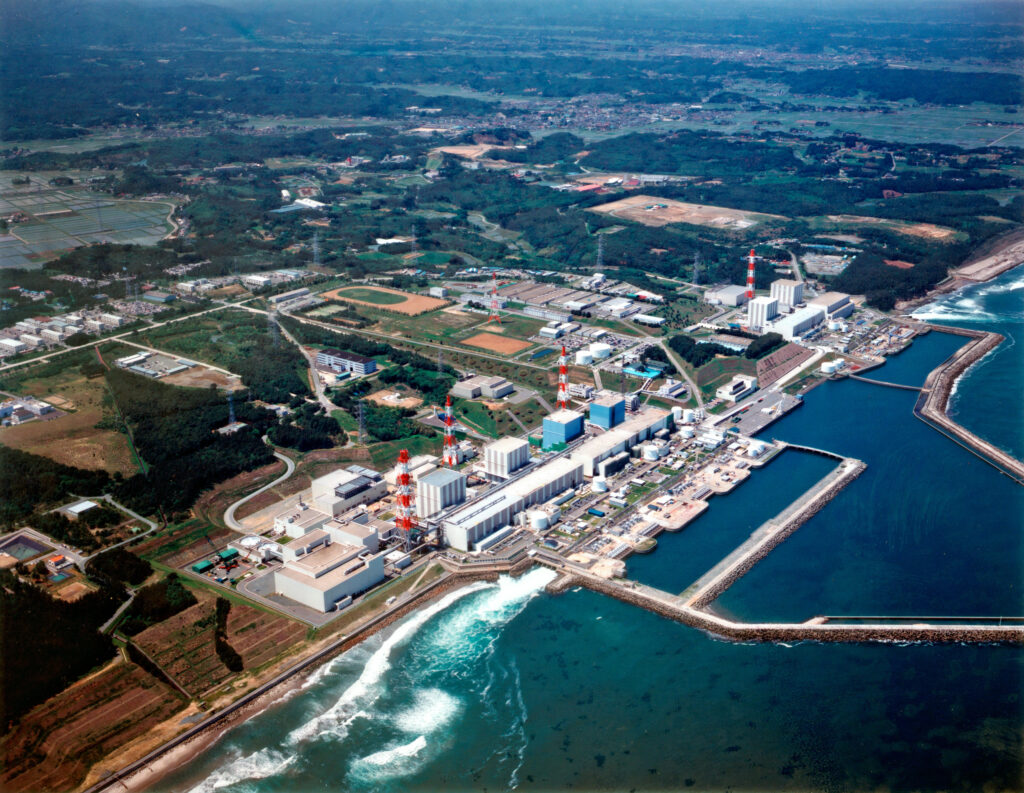South Korea and Japan are in a “fight of nerves” even before working-level discussions over the visit to the contaminated water inspection team at Japan’s Fukushima Daiichi Nuclear Power Plant, agreed upon by President Yoon Suk Yeol and Japanese Prime Minister Fumio Kishida. The two countries plan to hold director-general-level consultations this week to discuss the detailed schedule and size of the visiting inspection team. The inspection team’s schedule, originally planned for two days, is expected to increase to more than three nights and four days. The Korean government is determined to carefully evaluate whether the discharge system, including the sewage purification facility in Fukushima, works properly. On the other hand, the Japanese government is trying to check the contaminated water, saying that it is only a work to enhance Korea’s understanding of the contaminated water, not a joint verification. There is a possibility that controversy may continue over the effectiveness of the dispatch of the inspection team depending on the bilateral consultation on the direction of operation of the inspection team.

● Japan “The inspection team will not evaluate safety.”
Yasutoshi Nishimura, Japan’s Minister of Economy, Trade and Industry, said at a press conference on the 9th, “We are not evaluating and confirming the safety of treated water (Japanese expression of contaminated water) in response to the inspection team.” It reaffirmed the Japanese government’s position that it will not do the verification of contaminated water separately from Korea because it is the role of the International Atomic Energy Agency (IAEA). Nishimura, the minister of Gyeongsan, drew a line for separate verification, saying, “This inspection is based on the common premise of the two countries’ response to the IAEA.”Japan said it plans to explain the status of contaminated water storage and discharge facility construction to the Korean inspection team and inform them that the concentration of radioactive substances in the contaminated water will be lowered below the standard level. If the activities of the contaminated water inspection team are carried out only within the scope of the Japanese government’s explanation, there are concerns that the inspection team could only listen to Japan’s explanation.In Japan, most of the activities entering the Fukushima nuclear power plant are called “inspection,” except for the IAEA inspection team.

● Korea should check the operation of contaminated water purification facilities, etc
In a report submitted to the National Assembly’s Foreign Affairs and Unification Committee on the same day, the Ministry of Foreign Affairs said, “We will check facilities related to the disposal of contaminated water and identify information necessary for our own scientific and technical analysis.” First Vice Foreign Minister Jang Ho-jin said at the National Assembly, “There is a problem in verifying the work of other sovereign countries, so Japan is reluctant to use the term ‘verification,’ whether it is verification, inspection, or observation.” He also stressed, “We will do activities close to actual verification.”Accordingly, the government plans to have the inspection team dispatched on the 23rd inspect all procedures related to the discharge of contaminated water, including purification, discharge, and post-monitoring. In particular, it is a position that the actual operating system should be checked for the multinuclear species removal facility (ALPS), a facility that filters radioactive substances before discharging contaminated water.However, an official from a government-affiliated agency said, “The inspection team cannot check the safety by directly checking the contaminated water tank and analyzing the ingredients,” adding, “We will check the safety to see if the plan announced by Japan can be realized as it is.” A high-ranking government official said, “The IAEA is conducting the verification of contaminated water, but it is necessary to check and investigate whether Japan’s contaminated water purification facilities are working properly and have operational capabil.
Chang Young Choi
US ASIA JOURNAL



